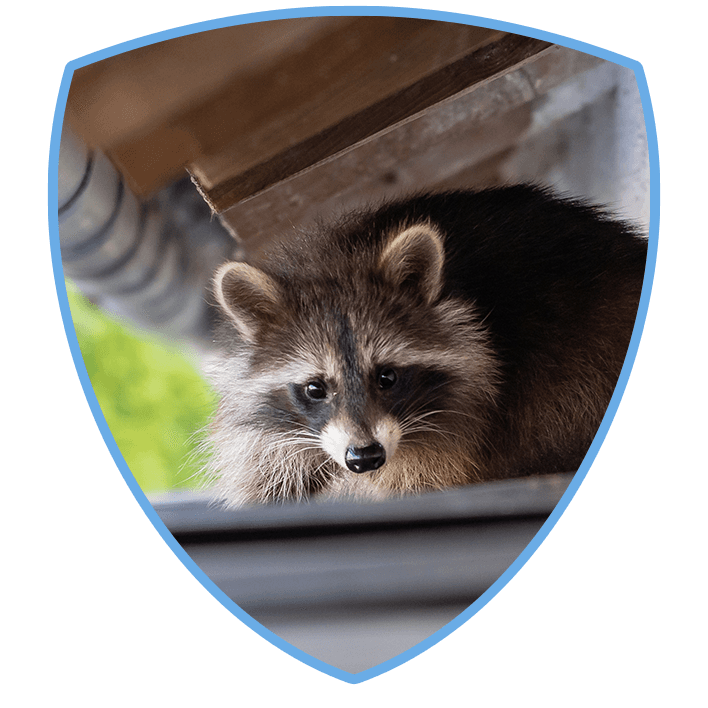
Wildlife
Wildlife Identification Guide
What are wildlife?
Wildlife describes those animals that live outside in nature, usually well away from people. However, as human and animal habitats have merged, many wild animals have come to live in our yards and sometimes our homes. Wild animals are not domesticated, so they are more than capable of surviving without our help. But, they have learned that our properties often offer them access to food, water, and shelter – and they won’t hesitate to take advantage.
Many types of wildlife regularly live around the homes and businesses in Massachusetts, including bats, gray squirrels and flying squirrels, raccoons, skunks, opossums, moles, voles, and chipmunks.
Is wildlife dangerous?


Hear From Our Happy Customers
We put your satisfaction first, always!
-
“Michael was thorough and informative. He showed me where bugs would be and took his time to reassure me that no infestation occurred. I appreciated him coming to my home the same day that I called with concerns. 10/10 Will recommend”- Erin M.
-
Prompt arrival with knowledgeable service. Prices are reasonable, and the staff is always helpful and friendly. Assurance Pest Solutions provides effective pest control with excellent customer care.- Maureen Van Niel
-
Assurance Pest Solutions impressed me with their prompt, friendly, and comprehensive service. They provided clear communication and went above and beyond to ensure our home was pest-free. Truly thankful for their exceptional efforts!- Laura Will
-
Assurance Pest Solutions did a great job. The team was courteous, competent, and helpful. They efficiently addressed all pest issues, ensuring a thorough and professional service. It was a pleasant experience working with them, and I highly recommend their services.- Bob Carnegie
-
Assurance Pest Solutions offers the best service! Professional, thorough, and detailed. The team is extremely knowledgeable and does an amazing job during visits.- Fiona Barrett
-
Assurance Pest Solutions was thorough and informative. They showed me where bugs might be and reassured me there was no infestation. I appreciated the same-day service when I called with concerns. 10/10 recommend.- Erin Morrow
-
“Assurance Pest Control was so easy to work with. They set me up with a next day appointment and everything worked out great. Roof bee issue resolved. Thanks!”- Jerry M.
-
“Excellent interactions. Friendly and professional. Informative. I felt I was getting their best advice and counsel without any sales pressure at all. Just performing their professional service in an honest way. Highly recommend.”- David D.

Why We Stand Out
-
Same-Day or Next Day ServiceSome things just can't wait. We can come see you today or next day!
-
Family-Owned & OperatedOur family is proud to serve you and our community.
-
Associate Certified Entomologists on StaffWe have Certified Entomologists on staff, so you know exactly which pests are in your space.
-
5-Star Customer ServiceWe provide five-star customer service with a smile.
-
Licensed & InsuredEntrust your pest control needs to licensed, insured professionals.
-
We Offer Free EstimatesTalk to our pest control team today during a free estimate.








